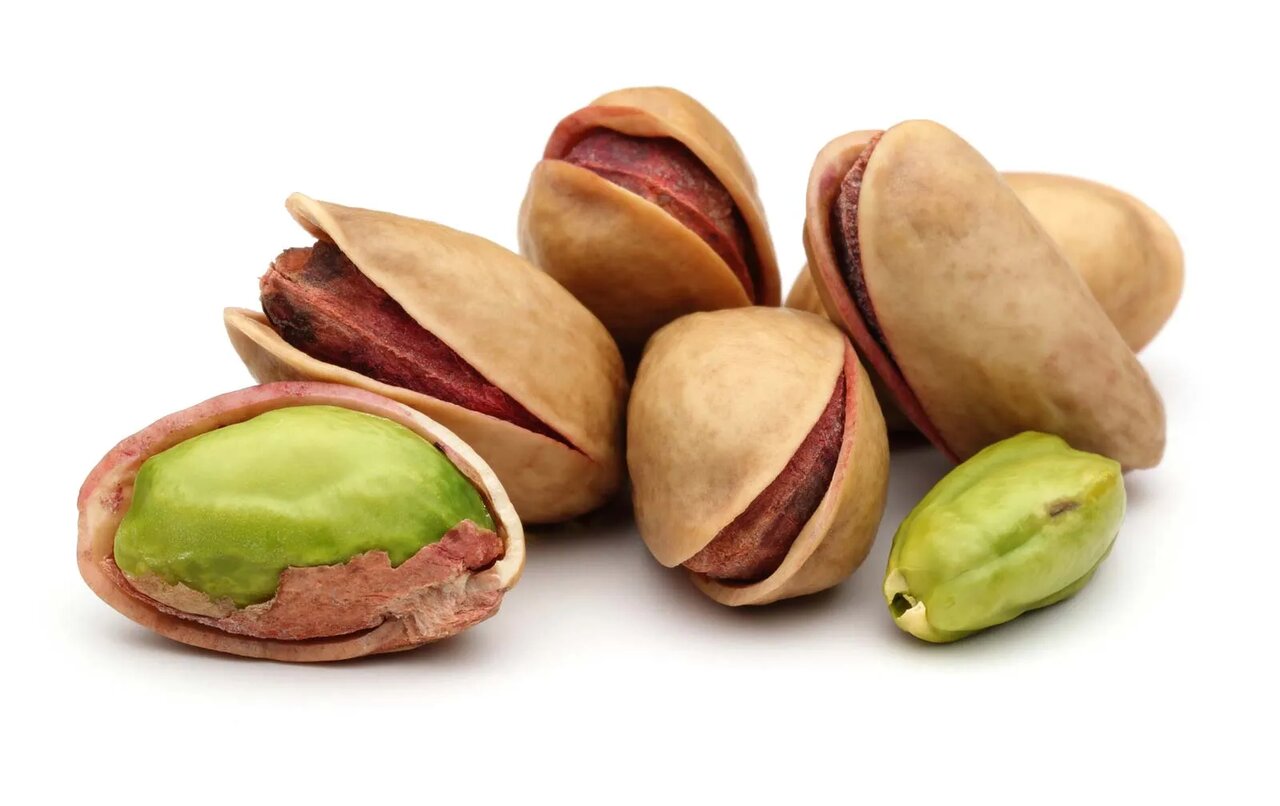‘Happy nuts’ to take center stage in Damghan festival

TEHRAN— Damghan, a semi-arid county in the heart of Iran, is to hold a national festival and conference on pistachio.
Damghan has long been known as a giant hub for the culmination of pistachio that is sometimes referred to as “happy nuts” because they look like they’re smiling.
Scientific, cultural, agricultural, and economic meetings, specialized workshops, and investment discussions are among the pillars of this festival, ISNA reported on Tuesday.
Moreover, 14 stalls devoted to related souvenirs, handicrafts, regional culture, and rituals will be set up on the sidelines of the event, which will be held from October 11 to 13.
Iran exported 56,298 tons of pistachio worth $405.04 million to 57 countries during the past Iranian calendar year 1401 (ended on March 20). The annual export indicates a 55.7 percent fall in value and a 58.4 percent drop in weight, year on year.
The Islamic Republic exported over €48 million of pistachios to the European Union (EU) member states during the first six months of 2023, according to data released by the European Union's statistics office, Eurostat. Iran’s pistachio export to the union has dropped 39 percent in the first half of this year, from €78.6 million in the same period in the past year, the Eurostat data indicate.
The Islamic Republic was the second biggest exporter of pistachios to Europe after the United States in the mentioned six months.
Although Iran is mostly known for its vast hydrocarbon resources, there are some other precious products that people all around the world put the Iranian brand on and appreciate greatly, one such product is Iranian “green gold” or pistachio.
Over the past decade, climate change has caused severe drought in Iran, leading to 85 percent of the country being classified as arid or semi-arid. The decline in annual average rainfall and shortage of surface water has forced farmers to dig more wells to pump water from underground reserves. Nearly half of the 750,000 wells dug in Iranian farms are illegal, which indicates why the unconstrained use of underground water in agriculture is the main source of water waste in the country.
AFM
Leave a Comment